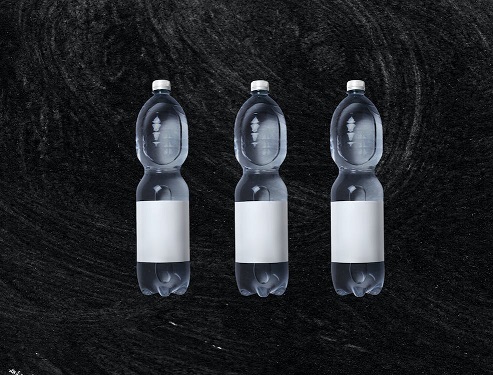
Company-branded water bottles stand as a testament to the ingenuity in marketing strategies employed by businesses, big and small. Serving a dual purpose, these bottles are not just practical for everyday use but also pivotal in enhancing brand visibility and echoing a firm’s commitment to environmental responsibility. Let’s explore the various facets of these branded water bottles:
Diverse Types of Branded Water Bottles:
Plastic Bottles: These company branded water bottles are often selected for their cost-effectiveness, being both lightweight and sturdy. A trend towards avoiding plastic is noticeable, motivated by environmental concerns.
Stainless Steel Bottles: Favoured for their longevity and eco-friendliness, these bottles excel in keeping drinks at desired temperatures for longer spans.
Glass Bottles: Glass varieties exude a premium vibe, are eco-friendly, and are devoid of certain plastic chemicals. Their fragility is a trade-off.
Aluminium Bottles: Chosen for their lightness and strength, these recyclable bottles are a common sight in sports and outdoor pursuits.
Customization Choices:
Logo Printing: This common customization involves imprinting the company’s emblem on the bottle.
Colour Customization: Bottles in company hues enhance brand recognition.
Design Wraps: These offer expansive space for creative visuals and messages.
Engraving: Metal bottles often feature engraving for an elevated appearance.
Eco-Friendly Impact and Sustainable Practices:
Opting for reusable bottles is a stride towards sustainability, curbing plastic waste and incorporating recycled materials.
Biodegradable materials in bottles and support for water conservation measures further bolster a company’s eco-friendly image.
Marketing Advantages and Visibility:
These bottles act as mobile billboards, enhancing brand visibility as they’re used in public.
Ideal for inclusion in new employee kits, they foster a sense of community.
Their distribution at events or through promotional initiatives broadens audience reach.
Pragmatic Considerations:
Quality and Endurance: Regular use, and thus ongoing brand exposure, is more likely with high-quality, leak-proof bottles.
Size and Mobility: A practical size that fits common holders and bags encourages daily use.
Cleaning Convenience: Bottles that are easy to clean, particularly those dishwasher-friendly, are preferable for frequent use.
Cost Implications:
The price range for these bottles varies widely, influenced by material choices, design intricacies, and the volume of the order. Larger orders often bring down the per-unit cost.
Regulatory and Safety Aspects:
Compliance with health regulations, such as using BPA-free plastics, is a necessary check for the materials employed.
Reflecting on the role of company-branded water bottles, their value extends far beyond mere utility. They are a multifaceted tool in a company’s marketing arsenal, amplifying brand presence while simultaneously championing sustainability. The selection of materials, design, and distribution must be in harmony with the company’s ethos and marketing objectives. These bottles are more than just containers for hydration; they are carriers of a brand’s identity and values, echoing a message of environmental consciousness and innovative marketing.
In essence, company-branded water bottles represent a convergence of practicality, environmental stewardship, and strategic marketing. They go beyond being mere vessels for beverages, transforming into mobile ambassadors for a brand’s identity and commitment to sustainability. This synergy of function and promotion is what makes these water bottles a smart choice for any forward-thinking company. By carefully selecting materials, design, and distribution channels that resonate with their brand ethos and target audience, businesses can leverage these bottles to create lasting impressions in the minds of consumers and employees alike. Thus, company-branded water bottles are not just a trend but a reflection of a brand’s values and a subtle yet powerful marketing instrument in today’s environmentally conscious and brand-centric world.

